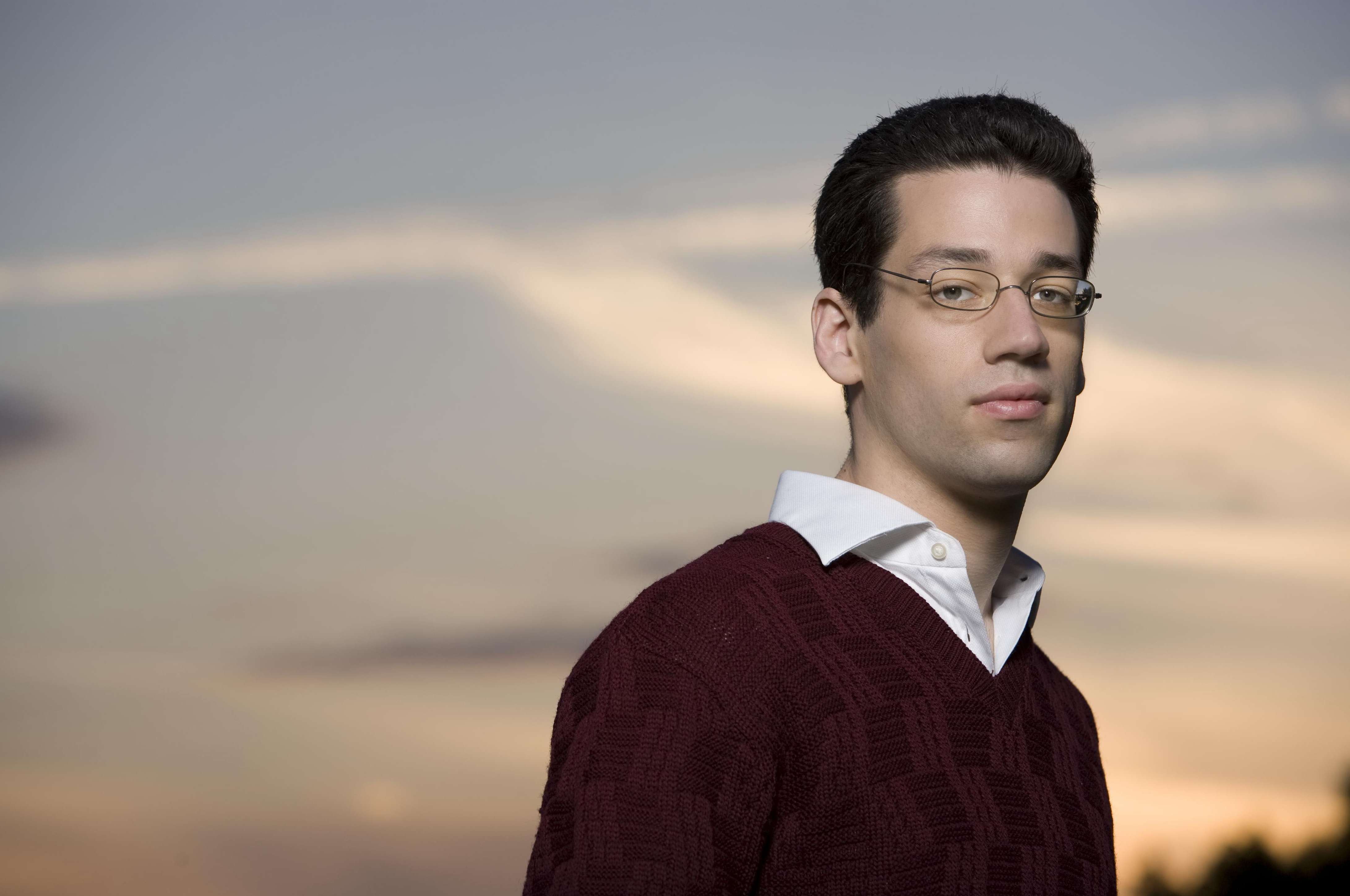|
Back
Two Debuts in Montréal Montréal
Salle Wilfrid-Pelletier, Place des Arts
02/08/2011 -
Carl Maria von Weber: Overture to Der Freischütz
Ludwig van Beethoven: Piano Concerto No. 3 in C minor, opus 37
Béla Bartók: Concerto for Orchestra
Jonathan Biss (Piano)
Orchestre symphonique de Montréal, Marc Piollet (Conductor)

J. Biss (© Jay Katz/Courtesy of EMI Classics)
Jonathan Biss made his long-awaited debut with the Orchestre symphonique de Montréal (OSM) on Tuesday evening with a performance of Beethoven’s Piano Concerto No. 3. (He is repeating it with the New York Philharmonic at Avery Fisher Hall on Thursday through Saturday.) Although only 30, Biss has been performing with major North American orchestras for approximately 10 years and is often cited as a thinker’s pianist, as in the mould of Richard Goode or Murray Perahia.
Biss played carefully and calmly, and paid close attention to the details and dynamics. His agile technique in the outer movements was clean and confident, and he tossed off runs and arpeggios with apparent ease. In the slow movement Biss maintained a poetic, introspective atmosphere. Beethoven’s cadenza for the first movement was played with rapt conviction and intensity. A couple of false notes early on did not deter from the performance. Support from the OSM was somewhat uneven, as is often the case when it is accompanying a soloist. Despite many bravos from the enthusiastic audience, Biss declined to offer an encore.
The Orchestra shone in Bartok’s Concerto for Orchestra under the intense but controlled leadership of the French conductor Marc Piollet, who was also making his OSM debut. Most impressive was the tension he maintained in the string sections, from the almost imperceptible opening notes of the first movement, to the sustained passion of the third and to the thrilling conclusion of the fifth. Piollet held a even balance among all sections throughout the work. He wove with ease the melody introduced by the violas in the third movement through the other string sections, cumulating in the impeccable staccato playing by the second violins. The brass, woodwinds and percussion played beautifully. Kudos are also due to several principals, notably flutist Timothy Hutchins and oboist Theodore Baskin who both performed with verve and unforced power. Piollet wrought with authority Bartók’s contrasting themes and moods—from the supernatural evocations of the third movement, to the folk melodies and humorous blasts from the brass in the fourth movement and to the rousing frenzy of the fifth.
Piollet opened the program with a fresh, vital account of Weber’s Overture to Der Freischütz. The horns’ initial entry was ragged, but their playing improved thereafter. Luminous strings and joyous clarinet and flute solos were just a few of the delights of the performance.
Piollet’s conducting technique is unusual. His underplay of showmanship reminded me of the severe control of Furtwängler. He is probably as tall as Furtwängler was, and while maintaining a stern stance on the podium, conducts with his arms while keeping his body rigid most of the time. But it works well, as we witnessed in this eminently pleasing concert.
Earl Arthur Love
|